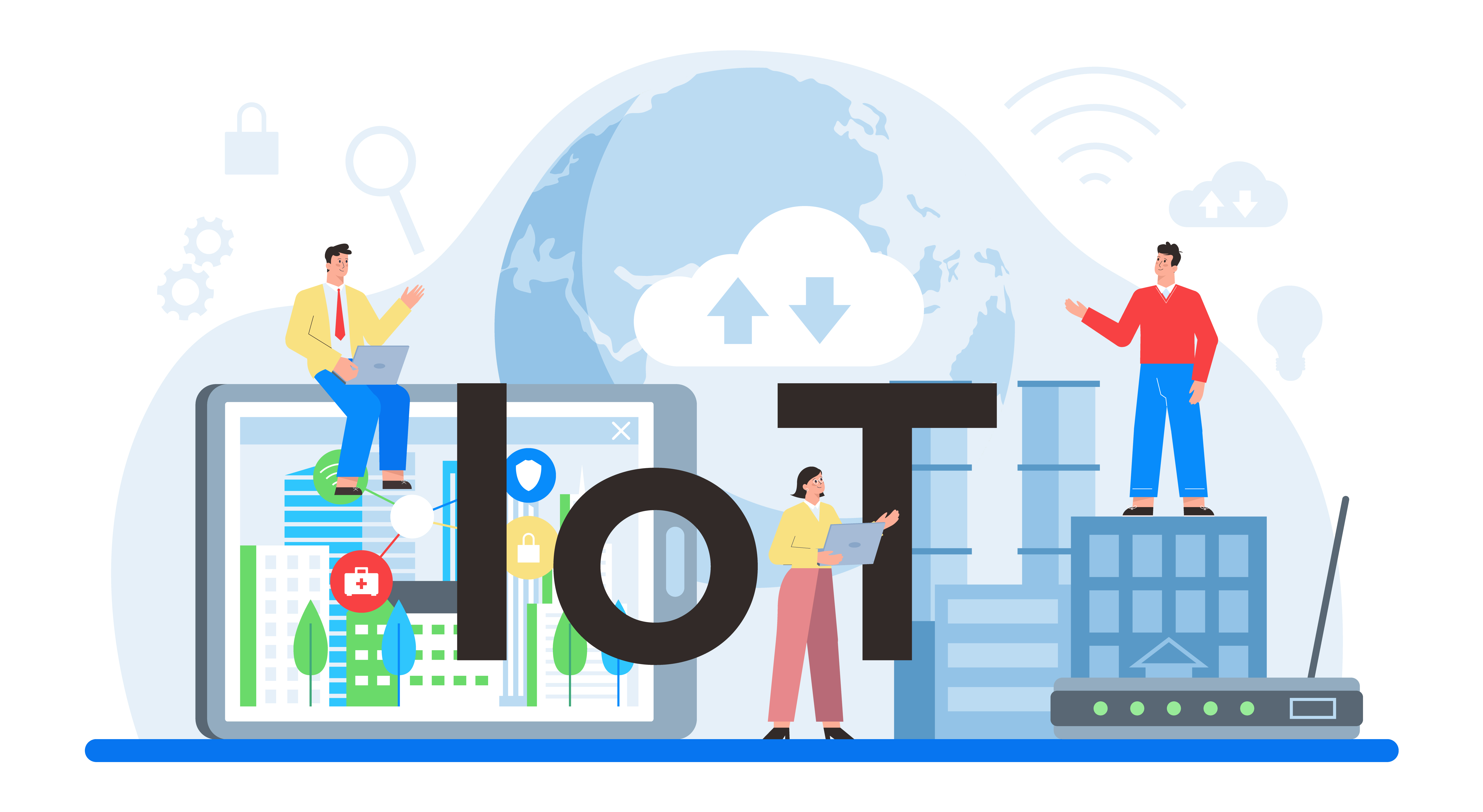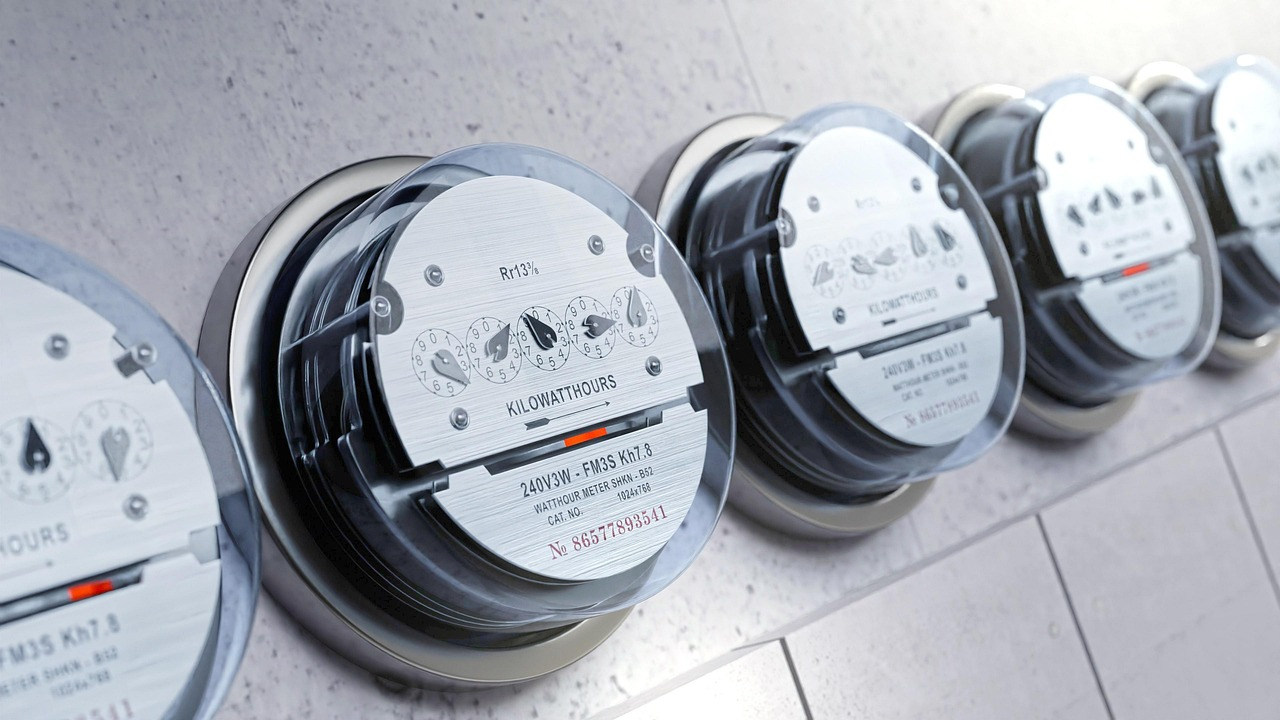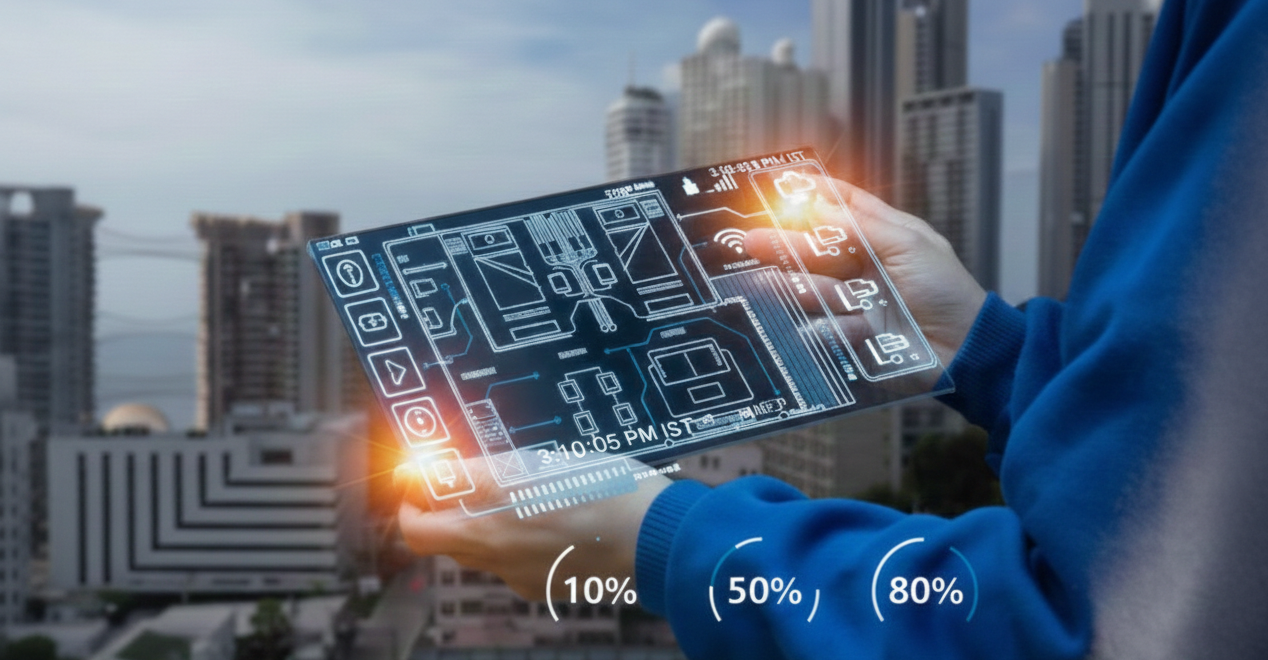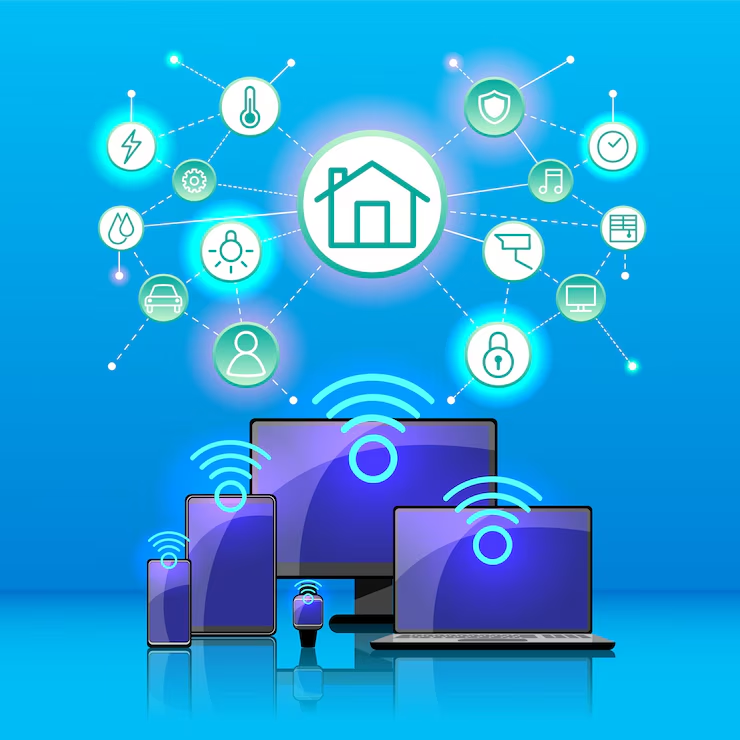The Future is Here: How NBIoT is Powering the Smart Meter Revolution
-
April 7, 2025
-
6 min read
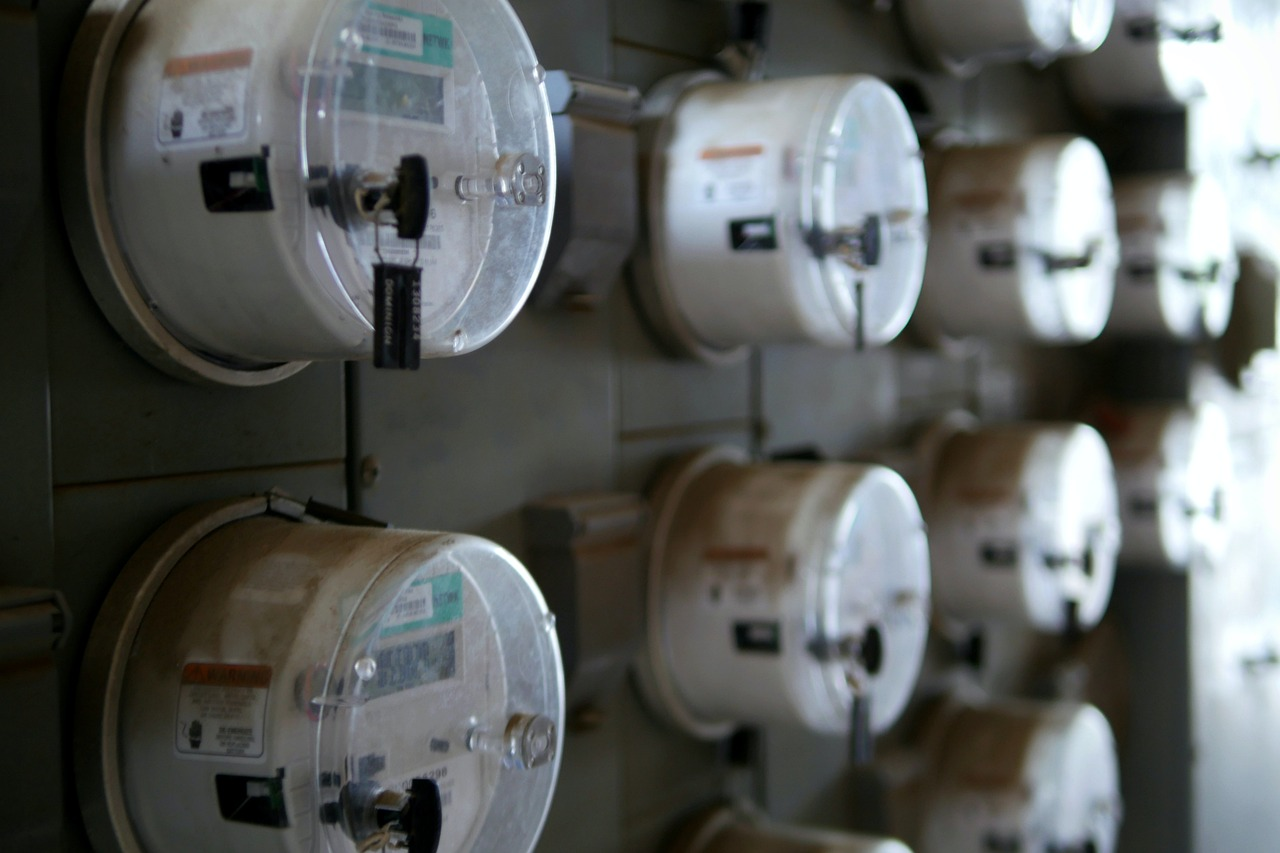
Narrowband Internet of Things (NBIoT) is a connectivity solution designed to connect meters in areas where traditional networks, including 2G, are unavailable. NBIoT smart metering solutions enable real-time energy monitoring and billing, driving a more efficient, transparent, and sustainable energy future. This technology allows utilities to track energy consumption in real-time and offer prepayment options for customers, even in remote areas without reliable network coverage.
In this article, we’ll explore how NBIoT changes the smart metering landscape, its key advantages, real-world implementations, and the future outlook for this connectivity solution.
What is NBIoT and How Does it Work?
NBIoT is a low-power wide-area network (LPWAN) technology specifically designed for IoT applications. It operates on existing mobile networks, leveraging narrowband frequencies to provide reliable, secure, and cost-effective connectivity for devices such as smart meters.
Here’s how NBIoT smart metering works:
- Establishing Connectivity: Smart meters equipped with NBIoT modules connect to the mobile network, enabling seamless data exchange with the utility provider.
- Data Collection: The smart meter records detailed consumption data, capturing granular insights down to the minute.
- Transmission: The meter sends the collected data to the utility provider at regular intervals, typically every 30 minutes, creating a real-time feedback loop.
- Analysis and Insights: The utility provider analyses the data to identify usage patterns, peak consumption periods, and anomalies, enabling accurate billing and efficient resource management.
- Consumer Empowerment: Consumers gain access to their consumption data through mobile apps or web portals, allowing them to monitor their usage, identify wasteful patterns, and make informed decisions to reduce their utility bills.
Key Advantages of NBIoT in Smart Metering
NBIoT offers several compelling advantages that make it an ideal choice for smart metering applications:
Deep Indoor Penetration
One of the standout features of NBIoT is its exceptional indoor penetration capabilities. Smart meters are often located in basements, underground vaults, or other hard-to-reach areas. NBIoT’s superior signal strength ensures reliable connectivity even in these challenging environments.
Low Power Consumption
NBIoT operates within narrow frequency bands, optimising energy usage and enabling long battery life for smart meters. This translates to reduced maintenance costs and extended device lifespan, making it a cost-effective solution for utilities.
Robust Coverage
With its ability to penetrate deep indoors and cover wide areas, NBIoT ensures robust coverage for smart metering deployments. This is particularly crucial for utilities serving diverse geographical regions, from dense urban centers to remote rural areas.
Scalability and Cost-Effectiveness
NBIoT’s scalability and cost-effectiveness make it an attractive option for utilities looking to deploy large-scale smart metering solutions. The technology leverages existing mobile networks, eliminating the need for dedicated infrastructure and reducing upfront costs.
NBIoT Smart Metering Use Cases in India
NBIoT smart metering is being deployed across various utilities in India, including:
- Electricity Metering: NBIoT enables automated meter reading, real-time consumption monitoring, and remote disconnection/reconnection of electricity supply.
- Water Metering: Smart water meters powered by NBIoT help detect leaks, monitor consumption patterns, and encourage water conservation.
- Gas Metering: NBIoT gas meters ensure accurate billing, enhance safety by detecting leaks, and provide valuable consumption insights.
Benefits of NBIoT Smart Metering
As the global smart meter market continues to expand, with India alone aiming to install 300 million smart meters by 2027, NBIoT is poised to be the connectivity backbone powering this growth. It holds several benefits, including:
For Utilities
- Reduced Commercial Losses: Smart meters help eliminate energy theft and billing inefficiencies, which currently account for about 23% of commercial losses in India.
- Improved Load Management: Real-time consumption data enables utilities to optimize energy distribution, reduce peak demand, and prevent outages.
- Enhanced Customer Service: NBIoT smart metering enables utilities to provide accurate bills, resolve disputes quickly, and offer personalised energy-saving recommendations.
Airtel’s IoT Smart Utilities, for instance, enable the resolution of billing issues, improved payment collection, as well as access to real-time data and valuable insights through its NBIoT technology-powered smart meters.
For Consumers
- Transparency and Control: Consumers can monitor their energy consumption in real-time through mobile apps, empowering them to make informed decisions and reduce waste.
- Accurate Billing: Smart meters eliminate estimated billing and ensure that consumers pay only for what they consume.
- Improved Service Quality: NBIoT smart metering enables faster outage detection and restoration, enhancing overall service reliability.
Future Outlook and Potential
As the world moves towards a more connected and sustainable future, the potential for NBIoT smart metering is immense. Here are some key trends and opportunities on the horizon:
Integration with Renewable Energy
NBIoT smart metering can facilitate the seamless integration of renewable energy sources into the grid. By providing real-time data on energy production and consumption, it enables dynamic pricing and optimised resource allocation, supporting the transition to a greener energy future.
Enhanced Energy Management and Conservation
With the granular insights provided by NBIoT smart meters, utilities can identify energy-consuming devices in homes and businesses, offering personalised recommendations for cost-saving measures. This not only helps consumers reduce their utility bills but also promotes resource conservation and sustainability.
Predictive Maintenance and Asset Management
NBIoT enables utilities to monitor the health and performance of their assets in real-time. By analysing data from smart meters and other connected devices, utilities can predict potential failures, optimise maintenance schedules, and extend the lifespan of their infrastructure.
Enabling Smart Cities
NBIoT smart metering is a key component of smart city initiatives. By integrating with other IoT solutions such as smart lighting, traffic management, and waste management, it contributes to the creation of more efficient, sustainable, and livable urban environments.
Conclusion
As the industry continues to evolve and government initiatives like India’s smart metering program gain momentum, the role of NBIoT in shaping a smarter, more sustainable energy future cannot be overstated. Airtel, with its extensive network and partnerships, is at the forefront of this transformation, powering millions of smart meters and enabling utilities to unlock the full potential of NBIoT technology.
With its deep indoor penetration, low power consumption, and robust coverage, NBIoT is well-positioned to drive the widespread adoption of smart meters. For businesses looking to harness the power of NBIoT for their smart metering needs, Airtel’s IoT Connectivity solutions offer a comprehensive suite of services, including reliable connectivity, advanced analytics, and end-to-end support. With Airtel’s expertise and nationwide network, businesses can confidently embark on their smart metering journey, unlocking the benefits of real-time monitoring, enhanced efficiency, and data-driven decision-making.
 Share
Share



